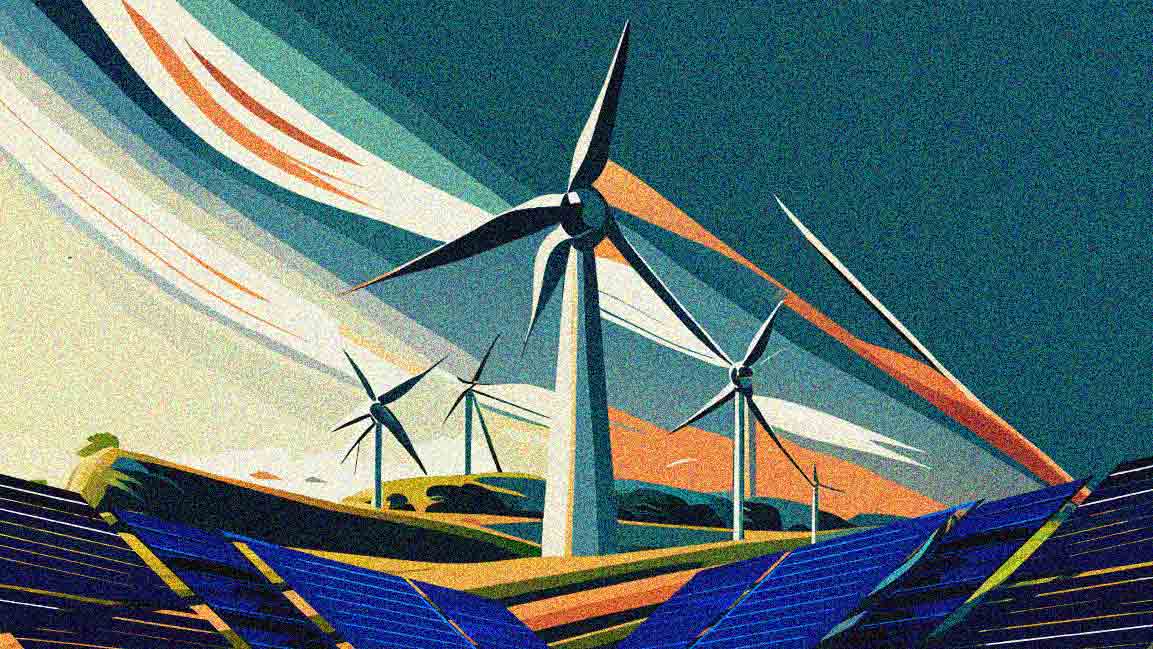- | 12:00 pm
Kazar to build $2.5 billion hybrid renewable energy station in Egypt
The project, in partnership with the Egyptian government, will have a 3.1 GW capacity, combining 2 GW of solar and 1.1 GW of wind energy.

Energy from the hybrid station will be sold at competitive rates, with solar energy priced at an average of 2 cents per kilowatt-hour (kWh) and wind energy at 3 cents per kWh. Kazar plans to complete feasibility studies and secure financing by late 2025, with construction set to begin in early 2026.
Additionally, battery storage projects have been launched to stabilize the grid, supporting Egypt’s goal of achieving 42% renewable energy in the national mix by 2030.































